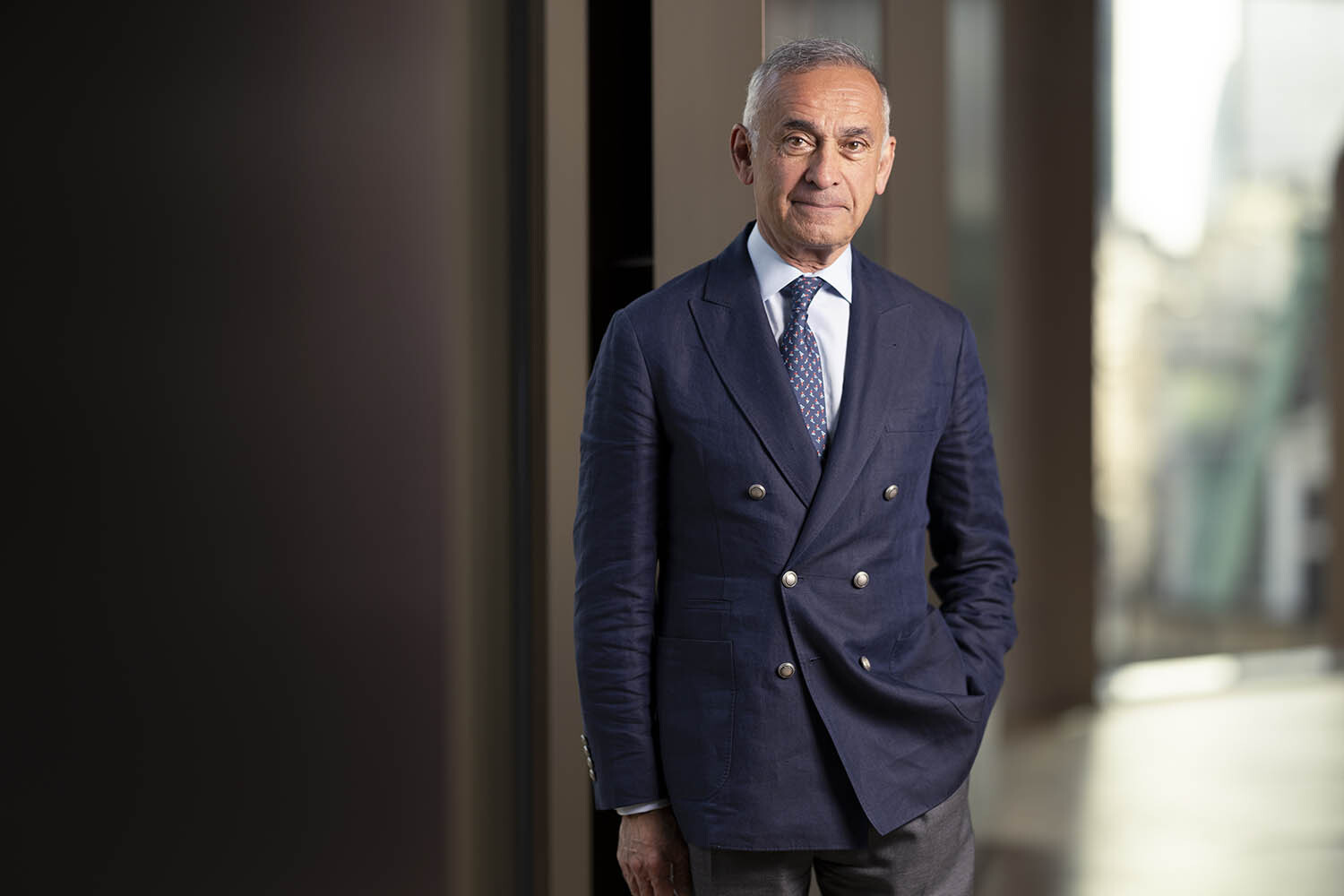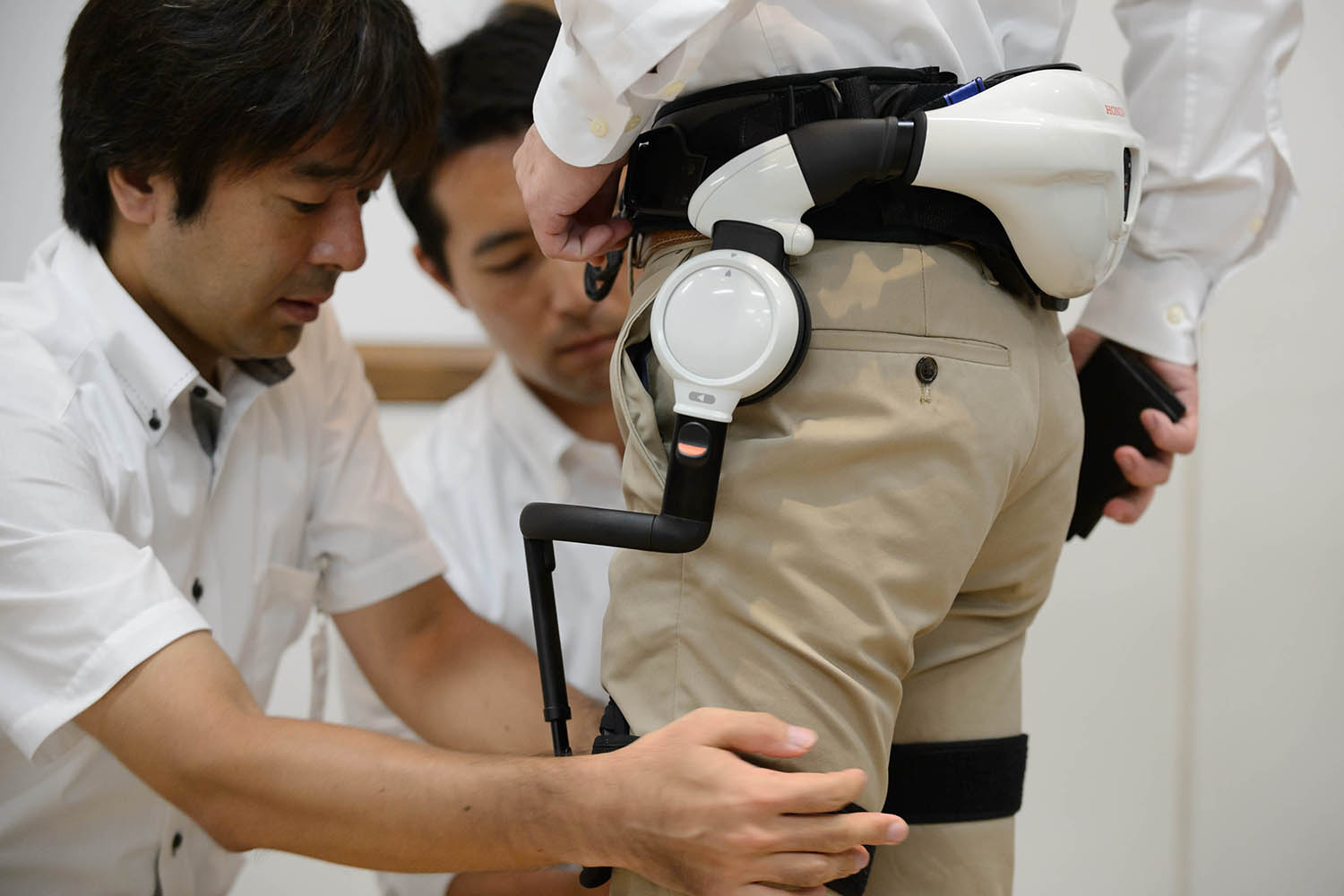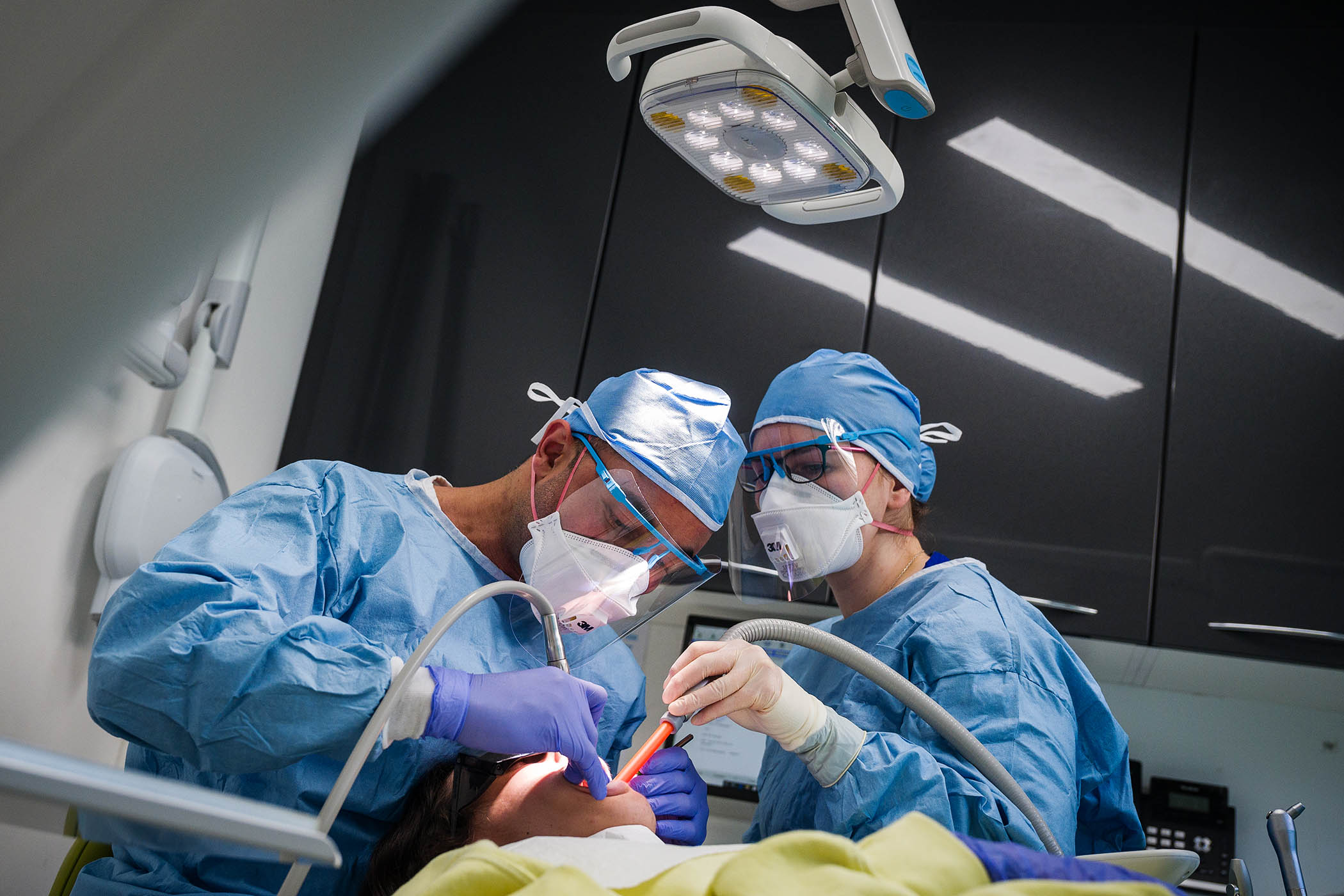Ara Darzi was the first person to perform robotic surgery in Britain, taking on medical traditionalists to trial the groundbreaking technology more than 20 years ago.
He pioneered keyhole operations, championed AI diagnosis for breast cancer and introduced virtual reality simulations into medical schools. The surgeon and former Labour health minister has always been a restless reformer. “I’m not a risk-taker, but I am an explorer,” he says.
Last year Darzi published a damning report about the NHS, which concluded that while hospitals had more money and staff than ever, productivity and performance had slumped. The health service was in a “critical condition”, he warned.
Now he has produced a new paper, which has been handed to ministers ahead of the government unveiling its 10-year plan for the NHS, setting out how technology could “completely transform” the health service.
“We're spending the highest we've ever spent in the history of the NHS. We've reached 10% of GDP, and we can’t go above that. It's just not affordable,” he told The Observer. “We need to redesign the system in a way that exploits the potential of the innovations around us.”
The combination of artificial intelligence, genetic testing, digital technology and breakthrough treatments is creating extraordinary new possibilities if the health service can focus on the future instead of always “chasing” its tail, he says. “We have to do it, there’s no question in my mind. We are where we are because we haven't embraced innovations.”
By 2035, Darzi suggests, a visit to the doctor will look very different. “Before you even leave home, the NHS app on your phone will have analysed your symptoms, booked your appointment at the most convenient time and location, and prepared your medical team with a complete picture of your health.”
When you arrive at the surgery, “AI assistants will handle the paperwork while doctors and nurses focus on you,” he says. “Wearable devices will have been quietly monitoring your health for months, spotting early signs of illness long before you felt unwell. Your genetic profile, mapped when you were born, will have guided personalised prevention strategies throughout your life.”
This is, he says, “not science fiction” but the “achievable future” for the NHS. “If you have something broken at home, the most important thing is to think: how are you going to fix it? These are the tools that could really transform the health service. It will be much more cost effective.”
Many doctors and nurses currently struggle with the basics, including disconnected databases and computers that take 45 minutes to switch on, but Darzi insists the NHS has to be more ambitious than just replacing outdated hardware. “If you have a PC that's not working because it's been there for 10 years, that's replaceable. That's not the issue, it’s having the tools in your IT systems.”
Newsletters
Choose the newsletters you want to receive
View more
For information about how The Observer protects your data, read our Privacy Policy
The scale of the NHS creates problems but also opportunities. “We have some rich health data, which is owned by the taxpayer. We need systems that turn that raw material data into value, to help patients and the public.
“We have to be transparent about it. You own your own data, you choose what you want to do with it, but when you have data and AI, the sum is greater than the parts.”
The health service is, in his view, too reluctant to embrace innovation. “We did a paper on AI mammography. We had consent to use 15,000-20,000 annotated mammograms to develop an algorithm. At the time, when we did that you had to wait for about a year or 18 months to get access to a scheduled mammogram.
“We completely displaced the second radiologist so we have one radiologist reading the mammogram now with AI. Our screening service is dramatically improved, both in access times, but also quality.”
But this AI model has still not been rolled out nationally. “We love pilots. I would kill that word. We are using it at a number of centres but we could do it everywhere, there’s no question. This will save lives. We should do it.”
His team was the first in the UK to acquire a surgical robot. “It was seven years later that the second robot was purchased in the NHS. We’re not good at adopting these innovations.”
Darzi points to anti-obesity drugs such as Wegovy, Ozempic and Mounjaro. This week, GPs became able to prescribe weight loss jabs on the NHS. About 220,000 people with the “greatest need” are set to receive Mounjaro, but the surgeon says it is a mistake that only those with a body mass index (BMI) of more than 40 or who have at least four other health problems linked to obesity are eligible.

‘I’m not a risk-taker, but I am an explorer,’ says the surgeon Ara Darzi
“It’s becoming this remarkable drug in many ways. It should be much more widely available on the NHS. There’s no question that the benefit would outweigh the cost. The cost of treating obesity surgically is enormous. This completely shifts the care from hospital to the community.”
Wearable devices will soon become “personal health guardians”, Darzi says, starting with elderly people on their own and those with long-term conditions. “I wear my Apple watch. I am completely obsessed with my sleep patterns at night. I wake up in the morning knowing exactly where I stand in terms of the challenges facing me during the day. It measures my blood pressure continually.”
Such technology will allow the NHS to monitor patients remotely and predict problems before they occur. “I'm talking about discharging patients home from hospital and monitoring them within the first 72 hours for any deterioration in their vital signs. It's not big brother watching you… you're prescribing this as part of the recovery.”
There are implications for social care, too. “Wouldn't you like to know if your mother had a fall? With wearables, we can more proactively manage the elderly to get better care in the community.”
Robots will play an increasing role in health and social care, Darzi adds. “I’m thinking of assistant robots in the community for the elderly. Exoskeletons to get you to walk and give support. If you go to Japan, that's really becoming the norm,” he says.
“There are miniature robots that you can swallow to do an endoscopy, cataract surgery being done by robotic arms with supervision. There are a huge number of innovations that are coming through. Look at the robots Amazon uses to send us all our packages. We could do exactly the same for logistics in the NHS.”
There will always be a human involved. “It’s not the AI replacing the doctor,” he says. “I’m talking about AI dealing with administrative issues. If you’ve seen me in the clinic, I'll then dictate a letter to the GP. All that could be done with an AI, listening to the conversation and transcribing it. It could release 13.5 hours a week from a clinician’s time.”
The next step is personalised medicine through genetics. Darzi predicts that within the next decade all babies will receive genetic testing at birth allowing individuals to make informed choices throughout their lives, based on their vulnerability to certain genetic conditions.
“From day one, you can stratify the risk and then intervene and manage the people proactively,” he says. “If you have a BRCA1 gene, for example, you know that there is a reasonable chance you're going to get cancer. So we keep a closer eye. We screen that individual more often.”
He believes it will transform the relationship between clinician and patient. “I've always said we have to redistribute power between the two. An empowered patient does much better than a disempowered patient.”
Now a crossbench peer, Darzi, 65, became an instant hero in the House of Lords in 2007 when he saved the life of an elderly peer, leaping over the red benches to perform mouth-to-mouth resuscitation in the middle of a debate.
The Armenian refugee, who fled Baghdad with his family as a teenager, is an unusually well-connected doctor. The walls of his office at St Mary’s hospital in Paddington are lined with photographs of Darzi with presidents and prime ministers, monarchs and movie stars. The king and the late queen are both there, along with Joe Biden, George Clooney, the emir of Qatar, Elton John and Michael Caine. The corridor outside has been painted by the artist Bridget Riley, who returns once a year to touch up the brightly coloured stripes.
He has always embraced modernity and change. “I’m an immigrant and the only way to survive is to innovate and be creative,” Darzi says. “That’s the only way I can think about it. All my life, whatever I am doing today I try to improve for tomorrow, whether that is a stitch or a technique or a new device.”
Now the health service must do the same, and harness innovation. “It has to be a reality, otherwise we won’t have an NHS.”



